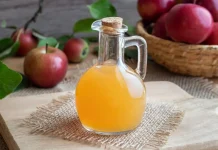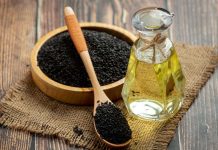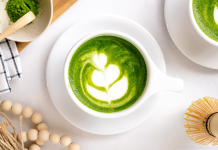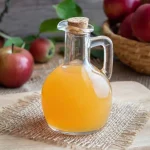Table of Contents
There is no doubt that some meals can assist you in lowering your levels of LDL bad cholesterol, which breeds artery-clogging plaque and produces cardiovascular disease, cardiac arrest, and strokes. It might surprise you to learn that many of these things are tasty and simple to include in regular meals without compromising taste.
However, diets packed with cholesterol also frequently contain high levels of Tran’s and saturated fats. Animal products such as fatty meats, high-fat milk products, chicken skin, and bakery items are the primary sources of cholesterol and saturated fat. The impact of your nutrition on your cholesterol, as well as other health conditions, is significant. These foods help enhance various risks of heart disease and reduce cholesterol. So, to help you stay healthy and on the right track, we’ll talk about some foods that help lower cholesterol.
The Best Foods for Lowering Cholesterol
In order to lower your cholesterol levels, you should eat the following foods. But along with consuming these foods, we recommend that you should also regularly take elderberry supplements to maintain optimum health.
Uses of Avocado
A fruit with excellent nutritional density is avocado. They are a wonderful source of dietary fiber and monounsaturated fatty acids, two substances that can help boost HDL and decrease harmful LDL cholesterol. Medical studies back up avocados’ ability to lower cholesterol. In one study, obese and overweight individuals with a high cholesterol level who had one avocado daily saw a more significant reduction in their LDL levels than those who did not. You can substitute avocados for other fats to reduce cholesterol levels, LDL, and triglycerides, according to a review of 10 trials. Monounsaturated fatty acids, which are beneficial to the cardiovascular system and decrease cholesterol, and fiber, are both found in avocados.
Benefits of Berries & Other Fruits
Fruit is an excellent supplement to a dietary plan that promotes cardiovascular health for a variety of factors. Soluble fiber, abundant in many kinds of fruit, lowers bad cholesterol. This is accomplished by helping your system to eliminate cholesterol and preventing your liver from making this substance. Pectin is a particular type of soluble fiber that can reduce cholesterol levels by approximately 10%. Apples, grapes, citrus fruits, berries, and other foods contain them.
Fruit also includes bioactive substances that, because of their anti-inflammatory and antioxidant properties, can avoid cardiovascular disease as well as other chronic conditions. Berries and grapes are especially abundant providers of these phytochemical constituents, which can boost healthy HDL and lower harmful LDL cholesterol. Fruit can assist enhance cardiovascular health while also lowering cholesterol. So, if you’re still wondering, does elderberry lower cholesterol? The answer is yes, it does. This is due in large part to their fiber and antioxidant content.
Add Vegetables to Your Diet
A dietary plan that is heart-healthy must contain plenty of veggies. Low in calories, they are rich in fiber and antioxidants, all of which are essential for preserving an average weight. Pectin, the soluble fiber that lowers cholesterol and is present in apples and oranges, is present in some vegetables in relatively high concentrations. The veggies okra, eggplant, carrots, and potatoes are also high in pectin. Moreover, various plant components found in veggies provide several health advantages, such as the prevention of cardiovascular disease. Vegetables are cardio-friendly food choices since they are relatively low in calories, high in fiber, and packed with antioxidants.
All veggies are healthy for your body, but darkish-green vegetables are especially advantageous. A variety of green leafy vegetables, including spinach and kale, contain lutein and other carotenoids associated with a lower risk of heart disease. Carotenoids function as antioxidants to eliminate dangerous free radicals that can cause vessels to stiffen.
By attaching to bile salts and encouraging your system to eliminate more cholesterol, dark green vegetables may also assist in lowering cholesterol. According to one study, lutein reduces oxidized harmful LDL cholesterol levels and may lessen the likelihood that cholesterols will adhere to the vascular wall. Carotenes found in green leafy vegetables, such as lutein, have reduced the risk of cardiovascular disease and strokes.
Role of Legumes
Lentils are among the foods referred to as legumes or pulses. Legumes are rich in protein, vitamins, and fiber. You can decrease your chances of cardiovascular disease by adding more beans to your diet in place of some grain products and processed foods. A study revealed that eating legumes daily is superior to not eating them in reducing harmful LDL cholesterols.
Before We Part!
In all, high cholesterols levels are the main risk factor for cardiovascular disease. Fortunately, by including specific items in your dietary plan, you can reduce this possibility. Increasing your consumption of these items will help you achieve a healthy diet and maintain cardiovascular health. To ensure that you enjoy your food and feel satisfied without overindulging, you can also practice strategies like eating healthy.









